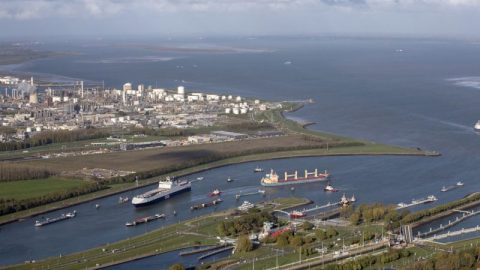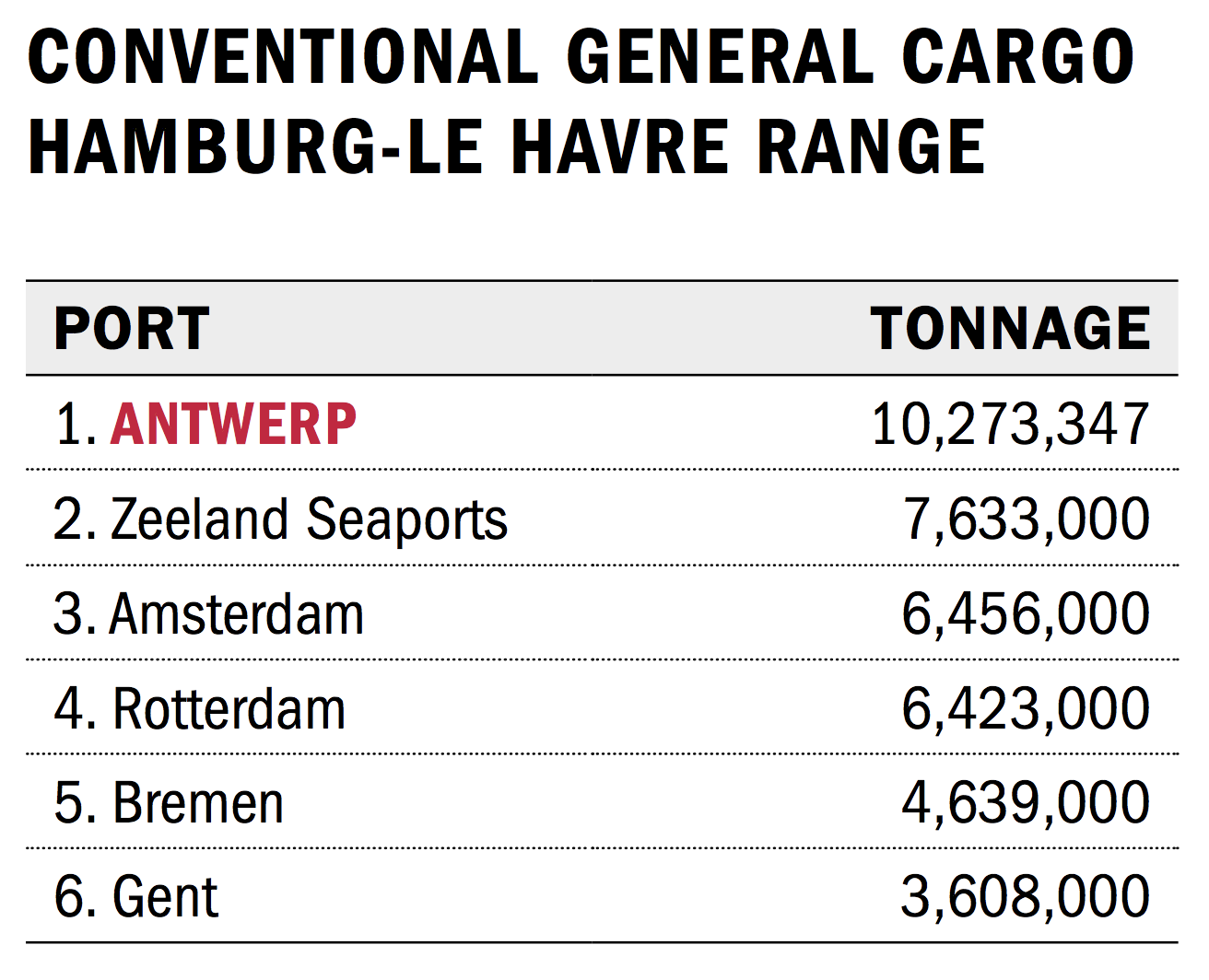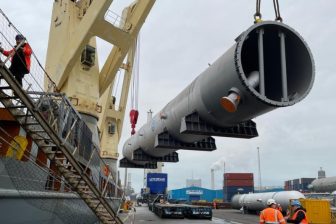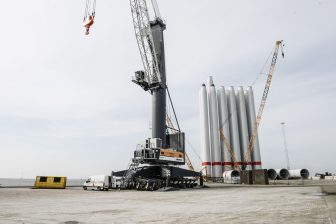
Breakbulk and ro/ro volumes North Sea Port down
North Sea Port, the newly formed, biggest breakbulk port of Northwest-Europe, saw its breakbulk volume slide in the first quarter of 2019 due to increased containerization of perishables like bananas. Ro-ro volume was also down.
Total throughput decreased 0,9% to 17.million tonnes which, according to the port, means that “the port stays on track” and the companies in the port “have consolidated the growth of previous years.”
The newly formed port has not yet published a more detailed overview of its throughput, but in a press release it does state breakbulk and ro-ro volumes are down. Handling of liquid bulk cargoes also decreased, while the throughput of containers and dry bulk increased.
The growth in dry bulk handling is driven by a strong construction market which has led to increased volumes of sand, gravel and other construction materials, as well as an increase in agribulk. Thanks to the containerization of bananas and other perishables, an important and large market for the port, container volume “nearly doubled”.
Record year
North Sea Port, which was formed through a merger of Zeeland Seaports (ports of Flushing and Terneuzen) and Port of Ghent in 2017, handled a record amount of cargo last year.
The throughput of conventional breakbulk increased with 4.5% to 11.8 million tonnes, making it the largest breakbulk port in Europe. However, when looking at individual ports that title still belongs to Antwerp which handled 10.2 million tonnes of conventional breakbulk. North Sea Port’s breakbulk volume includes quite some project cargo as well, thanks to its offshore industry. The port serves, among other things, as operations and maintenance base for offshore wind parks. Ro-ro traffic decreased with 3.4% to 3.5 million tonnes in 2018.
The throughput of inland shipping, which plays a large role in the port’s hinterland connections, also saw a decrease in volume. Inland shipping volume was down 2% and amounts to 14.5 million tonnes. Inland shipping and sea transport combined, the total volume amounted to 32.3 million tonnes in the first quarter of 2019.
Overview of the largest, individual breakbulk ports in 2018.

Source: Port of Antwerp.
You just read one of our premium articles free of charge
Register now to keep reading premium articles.




